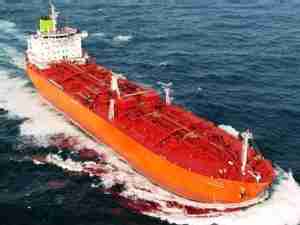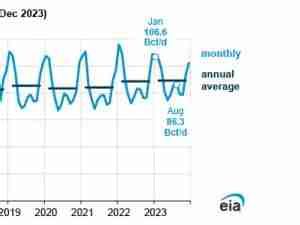SEA-LNG, the multi-sector industry coalition established to demonstrate LNG’s benefits as a viable marine fuel, has today announced that global container liner shipping company ZIM is the latest organisation to join its membership.
A member of the Clean Cargo Working Group (CCWG) since 2013, ZIM has long been at the forefront of improving the environmental performance of marine container transport and recognises the LNG pathway as central to achieving this. ZIM is striving for zero environmental impact in its operations, as the shipping industry aims for a net-zero carbon future.
LNG is a fuel in transition from fossil through bio towards renewable synthetic LNG, able to meet existing and expected regulations.
![Mikhael Serebro, Global Project Manager, ZIM Integrated Shipping Services Ltd. [L] with Steve Esau, COO, SEA-LNG [R] at the 3rd Decarbonizing Shipping Forum, Hamburg](https://www.ajot.com/images/uploads/article/Serbro%2C_Esau.jpg)
David Arbel, ZIM COO said: “LNG-fuelled capacity further strengthens ZIM's position at the forefront of preserving clean air and reducing carbon intensity among global liners and will enable us to assist our customers in reducing their carbon footprint. Working collaboratively with the wider SEA-LNG coalition, we will continue to demonstrate the opportunity provided by the LNG pathway – meeting our decarbonisation goals through the gradual introduction of bio-LNG and eventually renewable synthetic LNG.”
The vast majority of new capacity that ZIM will add to its fleet is LNG-powered, with a total of 28 LNG vessels, in the size of 15,000 and 7,700 TEU. The first vessels will be delivered as of beginning of 2023 and will be introduced on the Asia – US route. The steel cutting ceremony for the first vessel, ZIM Sammy Ofer, was held at Samsung Heavy Industries (SHI) in South Korea this January.
Peter Keller, Chairman SEA-LNG commented: “ZIM is one of the world’s largest container lines and its commitment to LNG is yet another clear recognition that LNG is one of the fuel pathways to underpin the decarbonisation of shipping. A pathway which starts now and one which provides major benefits to human health through the elimination of SOx and NOx emissions.
“As ZIM understands, the benefit of LNG is that it is available at scale for deep sea shipping today, and its pathway benefits from existing LNG infrastructure which can also be used for bio-LNG and renewable synthetic LNG as they become increasingly available.”
The growing SEA-LNG coalition spans the entire shipping value chain and remains committed to developing and sharing credible, fact-based analysis of the LNG pathway.








